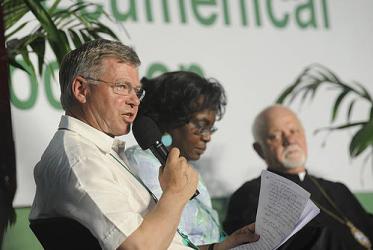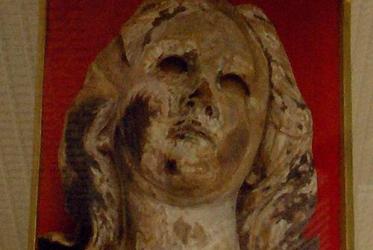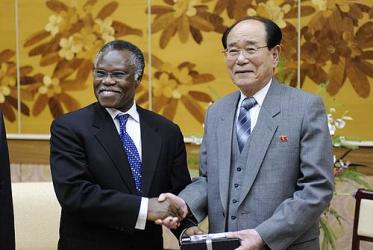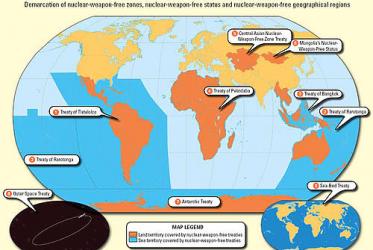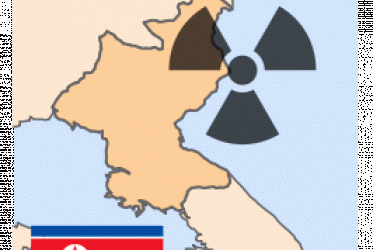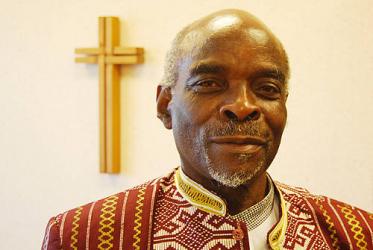Displaying 141 - 160 of 173
05 August 2011
What does “God's security” look like?
24 May 2011
Taking the pulse of the ecumenical movement
11 May 2010
WCC presses for US-North Korea talks
12 November 2009
World leaders get church backing on nuclear disarmament
02 November 2009
WCC Central Committee: significant decisions shape the future
03 September 2009
